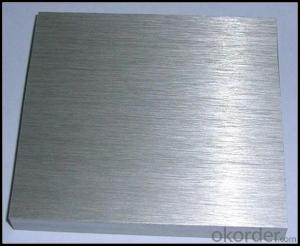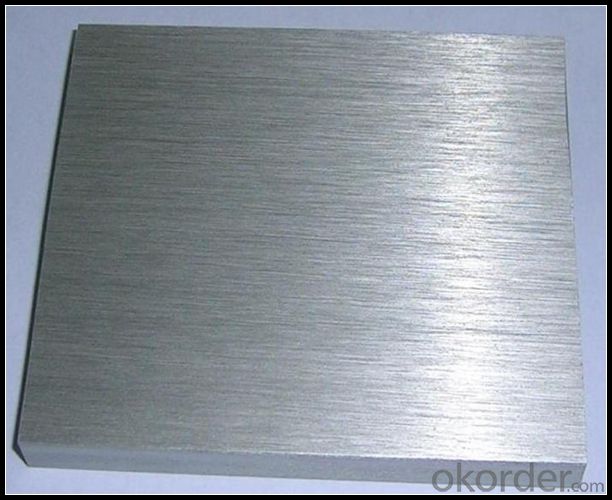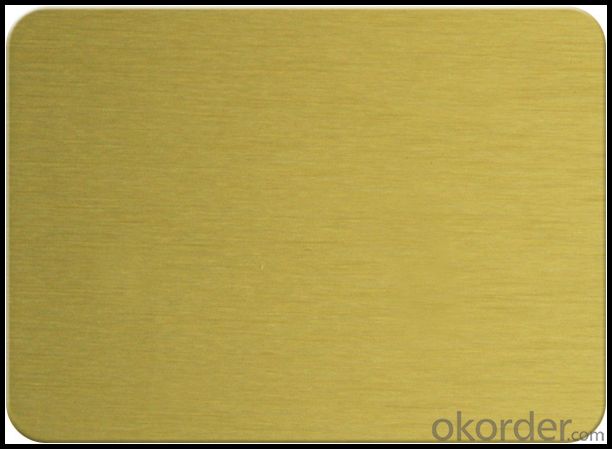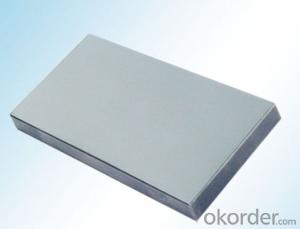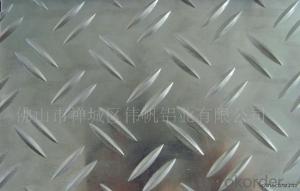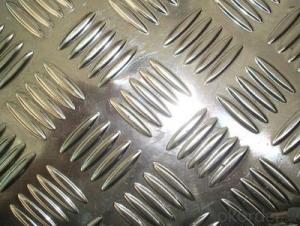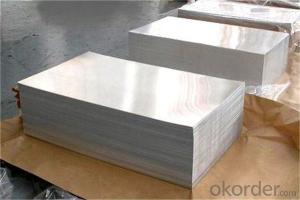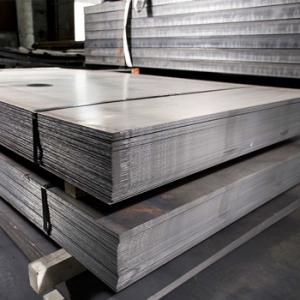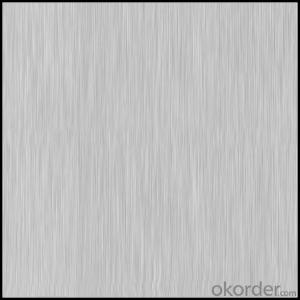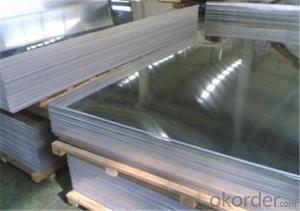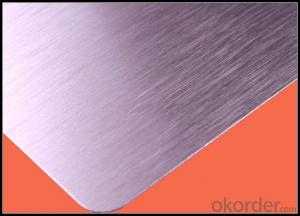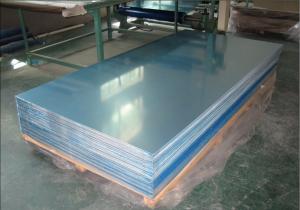Aluminum Sheets in Rhode Island - Brushed Aluminum Sheet for Sale in All Kinds Alloy Series
- Loading Port:
- Shanghai
- Payment Terms:
- TT OR LC
- Min Order Qty:
- 5 m.t.
- Supply Capability:
- 100000 m.t./month
OKorder Service Pledge
OKorder Financial Service
You Might Also Like
Specification
1.Structure of Brushed Aluminum Sheet for Sale in All Kinds Alloy Series
Aluminum Sheets are strengthened and cut from raw materials with different alloys, such as AA5005, AA5052, etc. They are easy for processing in different shapes, good in intensity and can be quickly installed. Aluminium Sheets for Energy Saving Curtain Walls are good in energy saving, weather resistance, fire resistance, easy for maintenance and with many colors.
Aluminium Sheets for Energy Saving Curtain Walls are widely used in construction of metal walls, metal ceilings, car decoration, advertizing panels, etc.
2.Main Features of Brushed Aluminum Sheet for Sale in All Kinds Alloy Series
•High intensity
•Easy to be processed and shaped
•Weather resistance
•Anti-pollution & environment protection
3. Brushed Aluminum Sheet for Sale in All Kinds Alloy Series Images
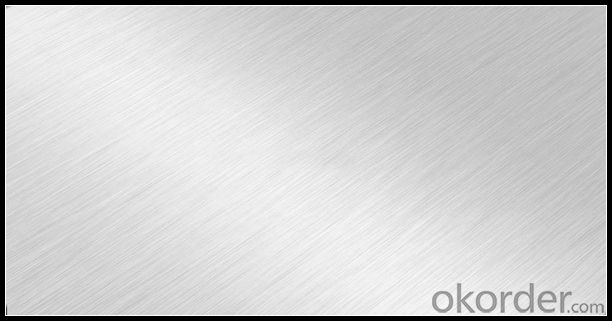
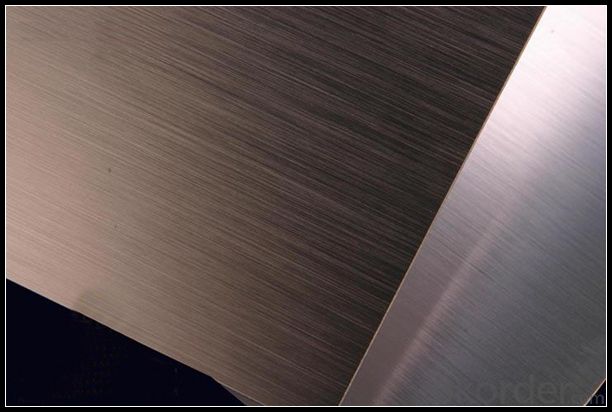
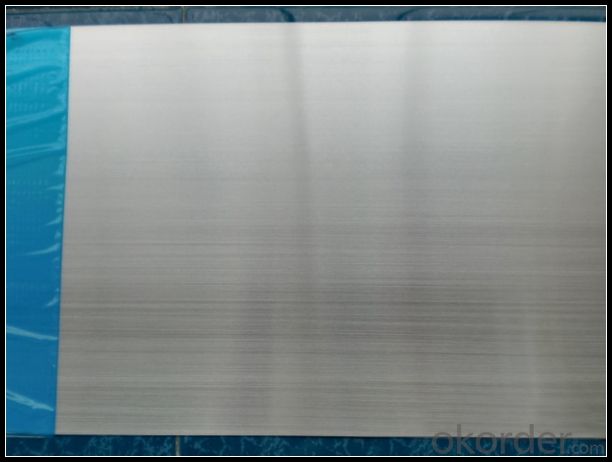
4.Specification of Brushed Aluminum Sheet for Sale in All Kinds Alloy Series
Alloy Number | AA5XXX |
Temper | H12, H14, H16, H18, H22, H24, H26, H32, HO, F |
Thickness | 0.1mm – 500mm |
Width | 10mm- 2200mm |
Standard | GB/T3880-2006, ASTM, ISO, EU standard |
5.FAQ
A.What about inspections to guarantee quality?
For each order for Aluminum Sheets with Mill Finished Surface AA5XXX, we will arrange strict inspection for raw materials, inspection during production and inspection for finished goods.
With requirement of customers, we also can arrange the third party inspection.
B.What about delivery?
We will put order for Aluminum Sheets with Mill Finished Surface AA5XXX in production schedule after order gets confirmed against copy of TT or L/C. Normally it takes about one month for production. Exact shipment schedule is different based on different sizes and quantity.
C.What is the MOQ?
5 tons for each size.
D. Where have you exported aluminium sheets?
We have exported aluminum sheets to many countries. Main markets include South East Asia, Middle East, North America, South America, etc.
- Q: What specific considerations or precautions should be taken into account when using aluminum sheets in environments with high moisture levels?
- <p>When using aluminum sheets in damp or wet environments, it's important to consider the potential for corrosion. While aluminum is generally corrosion-resistant due to its protective oxide layer, it can still be susceptible to certain types of corrosion in the presence of moisture, especially if the environment is acidic or saline. It's crucial to use high-quality aluminum alloys that are designed for such conditions. Additionally, proper surface treatment such as anodizing or applying protective coatings can enhance resistance to corrosion. Regular inspections and maintenance are also recommended to check for signs of corrosion and to address any issues promptly.</p>
- Q: Normally, when I install a 30-amp dryer receptacle, the wire is #10 copper and I double over the end with lineman's pliers prior to landing it in the lug just to be extra tight. Today I replaced a dryer outlet wired with #8 aluminum SE. The quandaray I have is that the lugs seem made for #6 and the #8 just sort of flattens and divides under the screw. Is this safe? The doubling over move makes the wire way too thick for the lugs to close. I've been doing electric for many years and have never run into this. Should I go back and re-run the circuit (only about 30 feet) in #10 copper? What is the actual draw of a typical electric dryer on high heat, anyway? Thanks.
- Make sure all work is done to code, we had a house with aluminum wiring, it gets hot when a larger load is applied. When selling, the couple who bought it had an inspector come and he said we had to do all this work or they could not get a mortgage. Whatever you do, make sure it is fully up to code, or you will have alot of trouble selling your home one day.
- Q: Is it suitable to use aluminum sheets in environments with high moisture levels?
- <p>Yes, aluminum sheets can be used in areas with high humidity. Aluminum is a corrosion-resistant metal that does not rust, making it suitable for humid environments. However, it's important to ensure that the aluminum is properly coated or anodized to protect it from potential damage due to moisture. This treatment can prevent any form of corrosion and extend the life of the aluminum sheets.</p>
- Q: How do I choose the right thickness for my aluminum sheet?
- When deciding on the appropriate thickness for your aluminum sheet, there are several factors that should be taken into account. To begin with, it is essential to determine the intended use or purpose of the aluminum sheet. Different projects may necessitate varying thicknesses depending on their structural or aesthetic requirements. For example, if the aluminum sheets are intended for roofing or siding applications, a thicker gauge may be necessary to ensure sufficient durability and resistance to weather conditions. Moreover, the level of strength and rigidity required should be considered. Thicker aluminum sheets generally offer greater strength and stability, which is especially important for applications like construction or automotive components. However, it is important to bear in mind that thicker sheets may also be heavier and more challenging to work with, so the practicality and weight limitations of your project should be taken into consideration. Additionally, the size of the aluminum sheet needed should be thought about. Larger sheets may require thicker gauges in order to maintain their structural integrity, whereas smaller sheets may not require as much thickness. Lastly, your budget should be factored in. Thicker aluminum sheets can be more expensive due to increased material costs and the manufacturing process. It is advisable to strike a balance between the required thickness and your budget constraints to ensure a cost-effective decision. To summarize, selecting the appropriate thickness for your aluminum sheet involves considering the specific application, required strength, size, and budget. It is recommended to seek guidance and advice from industry experts or suppliers who can provide tailored recommendations based on your specific needs.
- Q: Can the aluminum sheets be used for soundproofing applications?
- Indeed, soundproofing applications can make use of aluminum sheets. As a lightweight and immensely reflective substance, aluminum possesses the capability to effectively obstruct and absorb sound waves. By incorporating aluminum sheets into soundproofing endeavors, one can contribute to the reduction of noise transmission and the creation of a more serene atmosphere. These sheets can be employed as barriers, panels, or even as constituents of composite materials to augment soundproofing attributes. Moreover, aluminum sheets exhibit durability, resistance to corrosion, and ease of upkeep, rendering them fitting for sustained utilization in diverse soundproofing applications.
- Q: Are 101 aluminum sheets suitable for chemical storage tanks?
- No, 101 aluminum sheets are not suitable for chemical storage tanks. Aluminum, especially 101 aluminum, is not resistant to many chemicals and can react with them, leading to corrosion and potential leakage. Chemical storage tanks require materials that are specifically designed to withstand the corrosive nature of chemicals, such as stainless steel or certain types of plastics. It is essential to use materials that are chemically resistant and can ensure the safety and integrity of the stored chemicals.
- Q: Are 101 aluminum sheets suitable for food packaging?
- Yes, 101 aluminum sheets are suitable for food packaging. Aluminum is widely used in the food packaging industry due to its excellent properties. It is lightweight, durable, and resistant to corrosion, making it an ideal material for preserving the freshness and quality of food products. Additionally, aluminum is a good barrier against light, moisture, and oxygen, which helps to extend the shelf life of packaged food items. Therefore, 101 aluminum sheets are a suitable choice for food packaging applications.
- Q: What is the minimum bending radius for aluminum sheets?
- The minimum bending radius for aluminum sheets depends on the thickness and grade of the aluminum. However, as a general guideline, it is recommended to have a minimum bending radius of 1.5 times the thickness of the aluminum sheet.
- Q: This question asks for a comparison of the benefits and drawbacks of using aluminum sheets as a roofing material.
- <p>Aluminum sheets for roofing offer several advantages, including durability, resistance to rust and corrosion, lightweight nature, and energy efficiency due to reflective properties. They are also easy to install and maintain, and can be recycled, making them environmentally friendly. However, there are some disadvantages such as being more expensive than some other roofing materials, potential for denting if not properly installed, and noise issues during heavy rain or hail due to their lightweight nature. Additionally, they may require more frequent replacement compared to some other materials.</p>
- Q: This question asks for the typical dimensions of aluminum sheets utilized in the construction industry.
- <p>The standard size for aluminum sheets used in construction can vary depending on the region and specific application. However, commonly used sizes include 4x8 feet, 4x10 feet, and 5x10 feet. These sheets are typically 0.020 to 0.060 inches thick. It's important to note that custom sizes are also available to meet specific project requirements. Always check with local suppliers or industry standards for the most accurate sizing information.</p>
Send your message to us
Aluminum Sheets in Rhode Island - Brushed Aluminum Sheet for Sale in All Kinds Alloy Series
- Loading Port:
- Shanghai
- Payment Terms:
- TT OR LC
- Min Order Qty:
- 5 m.t.
- Supply Capability:
- 100000 m.t./month
OKorder Service Pledge
OKorder Financial Service
Similar products
Hot products
Hot Searches
Related keywords
